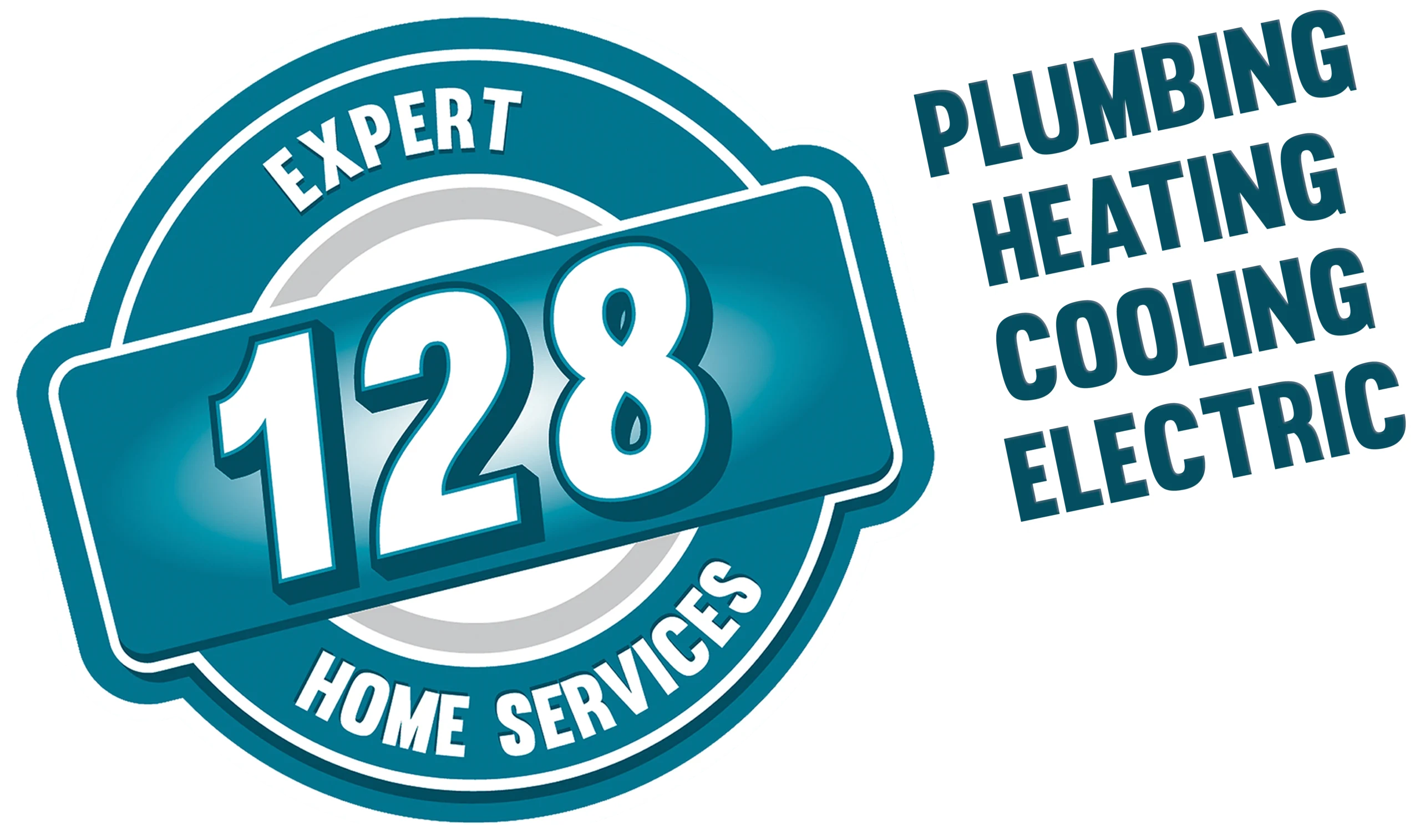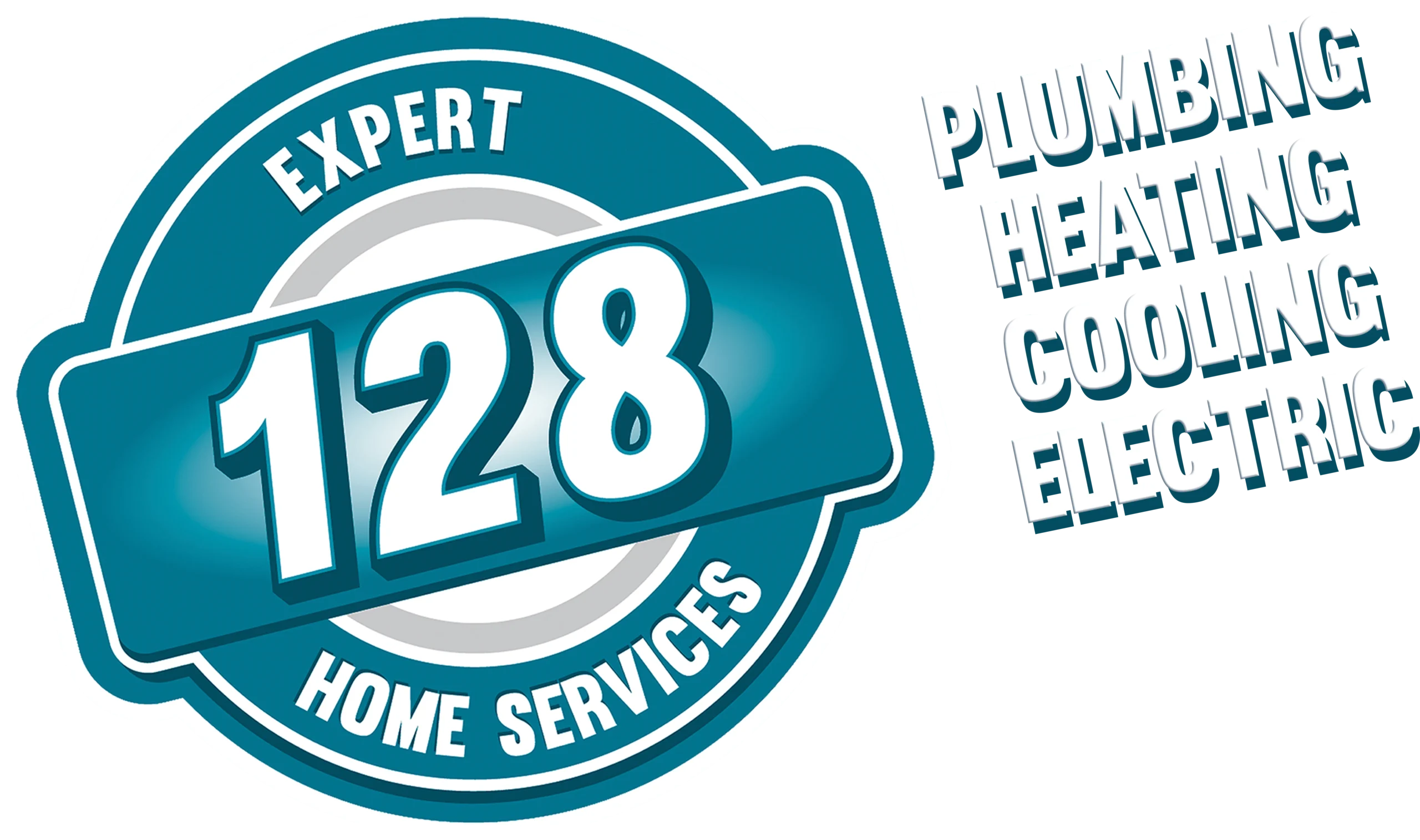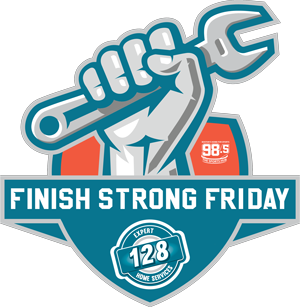There are plenty of important changes afoot in the world of HVAC, and hybrid HVAC systems are one of the biggest. Prompted in large part by rising heating costs, the need to reduce fossil fuel usage and the emissions that go with them, these systems are providing intriguing answers to some tough problems.
Most people barely know what they are, though, much less how they work and what’s involved when you install a hybrid HVAC system. At 128 Plumbing, though, we know all about them, and we’re more than happy to walk you through the basics and get you up to speed on the costs, energy benefits and advantages that a hybrid HVAC system can provide.
What is a Hybrid HVAC System?
To some extent, hybrid HVAC systems are modeled on electric vehicles. In an EV, the vehicle “chooses” between two different energy sources to operate at peak efficiency.
A hybrid HVAC system does the same thing to provide heat. When the temperatures are cool, it will operate using an electric heat pump that draws in air and extracts the heat it contains, with the process reversed to provide cooling in the summer.
When it gets cold, though—say, below 40 degrees—the system will often switch over to a gas fuel source that’s typically provided regulated by a furnace. Some systems even allow homeowners to choose the way in which heat is provided, while others operate automatically.
How Hybrid HVAC Systems Work
Hybrid HVAC systems rely on so-called “smart” technology to make the switch from electric to gas and back. That technology, along with an electric heat pump, is the key to how to the system operates.
How Hybrid Systems Are Different from a Normal HVAC System
Normal HVAC systems rely on a single source to provide heat in the winter and cooling in the summer.
The definition of “normal” is changing rapidly, which is one of several reasons why you need to work with a company like 128 Plumbing to stay on top of those changes and help you make the best decisions for your HVAC needs as a homeowner.
Does Plumbing Play a Role in Hybrid Systems?
While your plumbing might sound like an outsider in this heat producing process, it actually plays a small but vital role.
When heat pumps and furnaces regulate the heating and cooling process, they generate water vapor—sometimes a great deal of water vapor.
It’s important to have that water regulated and drained away if necessary, which is why plumbers are often involved when it comes to installing and repairing HVAC systems, hybrid and otherwise.
Why These HVAC Systems Are Called Dual Fuel Hybrid Systems
The “dual fuel” description that gets attached to hybrid HVAC systems refers to the fact that they can use gas or electricity to heat and cool your home.
The “dual” designation is actually something of a misnomer, as some gas-based systems rely on propane rather than natural gas.
What Part Does Your Furnace Play in a Hybrid System?
Furnaces are still used in hybrid HVAC systems, but in most configurations they tend to play a secondary role.
The idea behind the configuration is to save money by using the most economical and efficient energy source, but an auxiliary combustion furnace is an important part of the system.
Some heat pumps don’t work quite as well in extreme cold, although this technology is constantly being improved, but a furnace provides an “old reliable” option during cold snaps, acting as a fail-safe.
Cost Factors in a Hybrid HVAC System
While the cost savings offered by hybrid HVAC systems can vary considerably, most estimates put the basic cost savings at around 33 percent during the winter, and up to 50 percent during the summer when cooling becomes a priority.
This can add up to thousands of dollars of savings during the lifespan of a hybrid HVAC system, which is typically specified at around 15 years, with warranties designed accordingly.
It’s also important to note that the dual nature of these systems minimizes the wear and tear to some extent. When the heat pump is running things, for instance, the furnace gets a break, and when the furnace takes over, the heat pump temporarily drops out of the picture.
What Plans Do You Need to Install this Kind of HVAC System in Your Home?
Planning is one of the most important parts when it comes to adding a hybrid HVAC system to your home.
You need to have electricians and plumbers involved along with HVAC experts, which is why 128 Plumbing is such a great choice if you’ve decided to go the hybrid route.
It’s also important to break down and understand your energy usage, then get a system that meets your needs by keeping your home comfortable while operating at peak efficiency.
When you do this kind of planning, it’s also important to have the right resources. Many smaller companies and mom-and-pop outfits simply don’t have the expertise do install these systems correctly. At 128 Plumbing, we do.
128 Plumbing and Hybrid HVAC Systems
There are many reasons to switch over to a hybrid HVAC system, but there’s a lot involved in the process.
Fortunately, we have the expertise to get you there, not to mention the teams to evaluate your needs, install it correctly, then maintain it effectively and repair the system periodically when fixes are required.
To start the process, call us at The numbers are (888) 419-4233 or (781) 670-3261. We’ll answer your questions and guide you through the process, and we can also tell you about the rebates that may be involved due to the recent Inflation Reduction Act.
To get even more information, you can also go to 128Plumbing.com and start a live chat, and we have some great blogs and articles there to help educate you about hybrid HVAC systems and why they may be a great option for you.


